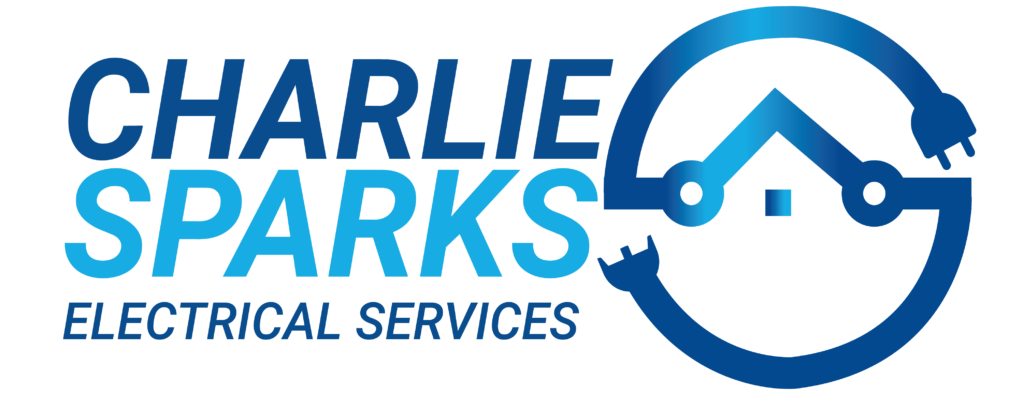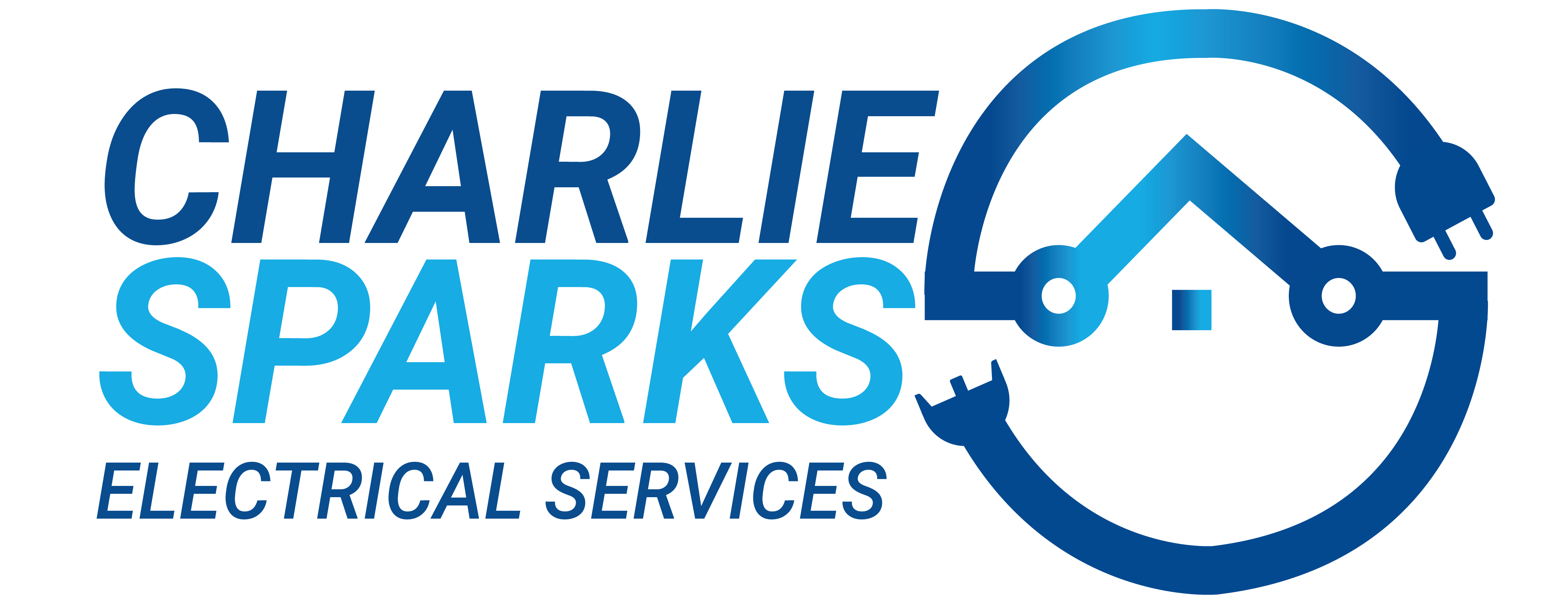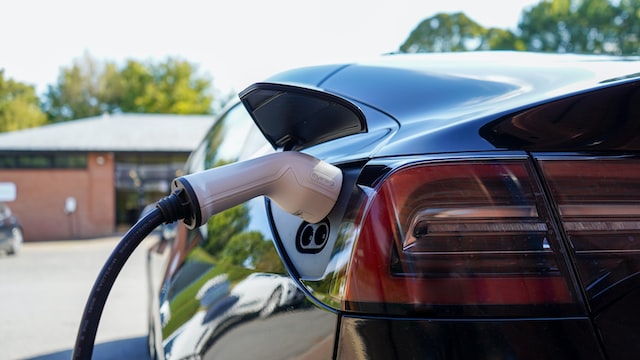Is your drive controlled by sticking to routes with EV charging points, or worse, taking several detours to find one just in time? Despite the availability of different types of chargers in the market, only some are made aware to the public.
From a portable charger to installing a charging station, let’s dive into understanding the different types of EV charges and what to look for when buying one.
Different types of EV Chargers
Level 1 - Slow charging
- These on-the-go chargers are best suited for vehicles with smaller battery sizes.
- Ideal for when longer charging time is available or when you have PHEVS (Petrol-hybrid electric vehicles)
- Also acts as a supplement for when you drive over 40kms per day
- Acts as a portable charger and hence does not require any installation of a charging station. Most EV’s come installed with these.
Level 2 - Fast Charging
- These chargers are connected to the vehicle directly with a socket plug and a dedicated circuit.
- Ideal for home and public charging.
- Allows a wider range of charging speed (~100kms of range per hour of charging) and gets charged faster owing to higher voltage and amperage.
- Requires equipment and proper installation by a technician to handle the excessive heat generated perfectly. If you are around the Gold Coast, here’s how you can get it installed professionally.
Level 3 - Rapid Charging
- Mostly suited for petrol stations chargers, motorways, street side points, fleet vehicles, and for certain commercial users.
- Typically offers a 70km range for every 10 minutes of charging.
- Requires professional intervention for proper installation.
What to look for when buying an EV charger?
Apart from some of the common factors such as – type of plug, installation, and cost; here are 3 things to look out for when buying an EV charger.
Cable length
Cables ranging from 4-5 meters in length are best suited for convenience and mobility.
Wi-fi Connectivity
Wi-fi enabled chargers, help to connect to a larger network of charging stations and offer remote access to online management tools through the EVSE network.
Power Delivery
Depending on your electric vehicle’s power specifications, pick a charging station with a power delivery between 3.7KW and 22KW.
Australia has seen about a 65% increase in demand for electric vehicles in the year 2022, reaching a 3.39% market share of total new car sales according to the Electric Vehicle Council’s reports.
Considering this accelerating EV uptake in the country now would be the perfect time to better understand your electric vehicle and the different EV chargers available in the market.
Our professionals at Charlie Sparks Electricals are available 24/7 to help you install your EV chargers effortlessly along with catering to all other electrical needs.
FAQ's
A level 3 charger requires higher levels of power generation and wiring, making it not very ideal for homes. The best way to go about this would be to get in touch with an expert Call Us Now: 0451 973 164 and figure out the best EV charger for your home.




